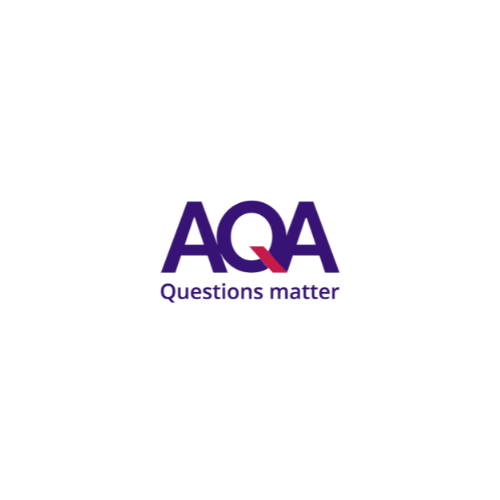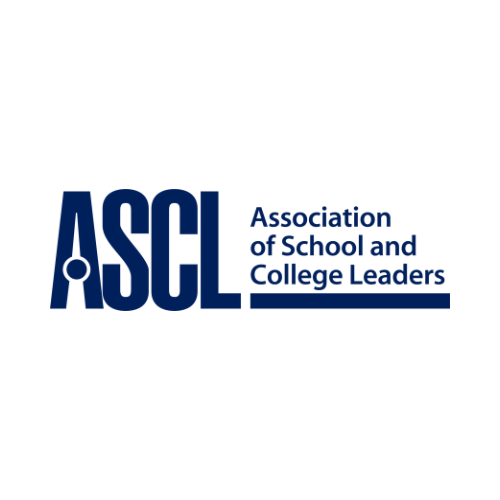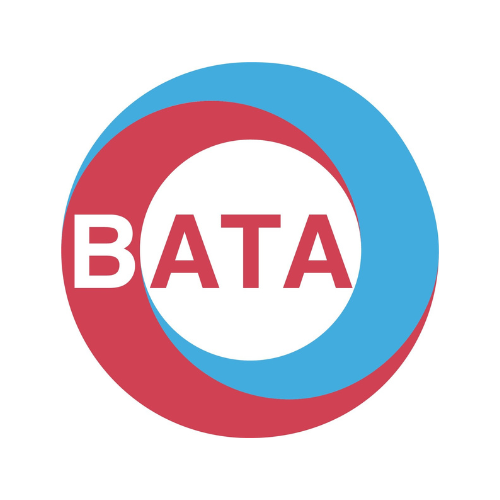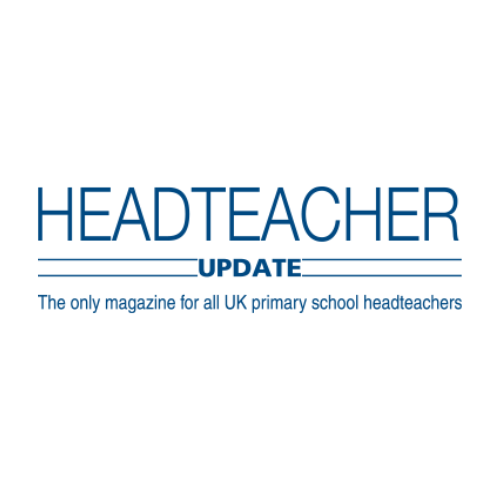Reversing the Decline: A New Government Policy for 100% Music Education in UK Schools
)
Reversing the Decline: A New Government Policy for 100% Music Education in UK Schools
The Current Situation: A Grim Picture – From Music Teacher Magazine
Data gathered by the Cultural Learning Alliance (CLA) has identified that 42% of state-funded schools in England no longer enter any pupils for Music GCSE. The CLA's annual Report Card presents a bleak picture for music education, showing a 43% decrease in A-Level Music entries between 2010 and 2023, with GCSE Music entries dropping to less than 5,000—a decline of 43%. During the same period, the vacancy rate for secondary music teachers increased sixfold, perpetuated by a 56% fall in music teacher recruitment.
The report attributes the decline in arts participation to the introduction of the EBacc and Progress 8 accountability measures in 2010 and 2016, respectively. CLA co-chairs Sally Bacon OBE and Derri Burdon describe ‘a stark picture of erosion and inequality,’ driven by a government focus on a narrow range of subjects, downgrading or excluding arts subjects.
Turning the Tide: A New Government Policy
To reverse this trend, we propose a new government policy requiring 100% of schools and students of all ages to engage in music education. This policy is backed by the latest neuroscience reports highlighting three critical reasons:
1. Cognitive Development: Music education enhances brain function across all areas, supporting improvements in memory, spatial reasoning, and language skills.
2. Increased Academic Ability: Studies show that students engaged in music education perform better in all academic subjects, including mathematics and science.
3. Social Neuroscience and Well-being: Music making fosters social connections and community relationships, reducing crime rates and enhancing overall well-being.
The 5 Ways to Music Making Well-Beings Framework
The Dysmusia Foundation, drawing on the nef/NHS Confederation's 2011 report, has developed the 2024 Proposed 5 Ways to Music Making Well-Beings UK Policy. This policy includes benchmarks and a network of SEND (Special Educational Needs and Disabilities) and non-SEND organizations, including schools, colleges, charities, and local authorities. Here's how it can be implemented:
1. Connecting Through Music: Group music activities to build social skills and enhance communication.
2. Being Active with Music: Movement and rhythm exercises to support physical and cognitive development.
3. Taking Notice through Music: Mindful listening and observation of musical elements to improve attention and sensory processing.
4. Keep Learning Music: Continuous musical exploration and learning to foster curiosity and resilience.
5. Giving and Sharing Music: Performances and collaborative projects to build confidence and a sense of community.
Action Plans for Implementation
1. Policy Integration: Incorporate the 5 Ways framework into the national curriculum, ensuring that every school allocates time for music education.
2. Teacher Training: Develop and provide training programs for teachers to equip them with the skills needed to deliver multi-sensory music education effectively.
3. Resource Allocation: Secure funding to provide schools with the necessary resources, including musical instruments and technology.
4. Community Engagement: Partner with local charities and organizations to offer extra-curricular music opportunities, ensuring access for students from all backgrounds.
5. Monitoring and Evaluation: Establish benchmarks and regular assessments to track progress and make data-driven adjustments to the program.
Conclusion: A Call to Action
By adopting this comprehensive approach, we can reverse the decline in music education and ensure that all students benefit from its cognitive, academic, and social advantages. The Dysmusia Foundation invites educators, policymakers, and stakeholders to join us in this vital mission. Together, we can create a future where music education is an integral part of every child's development, fostering a world where every student has the opportunity to thrive.














